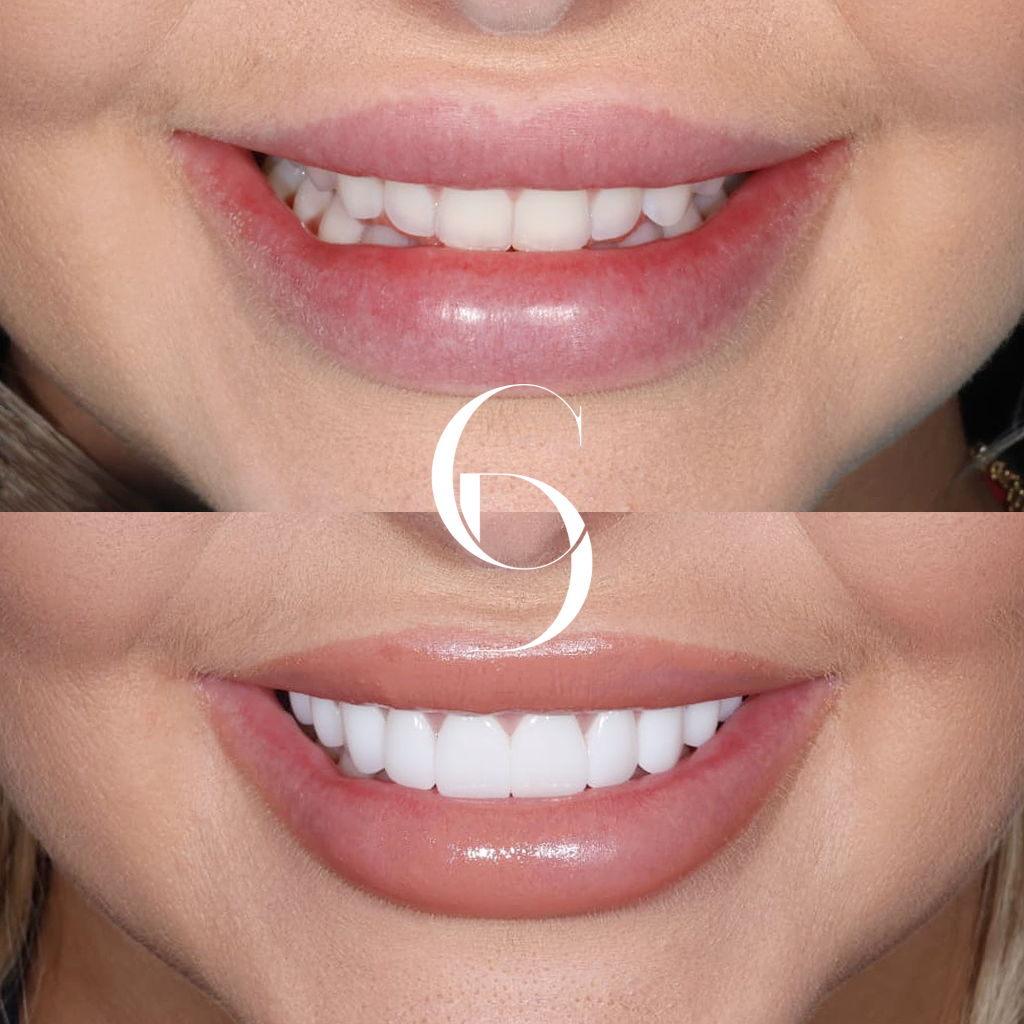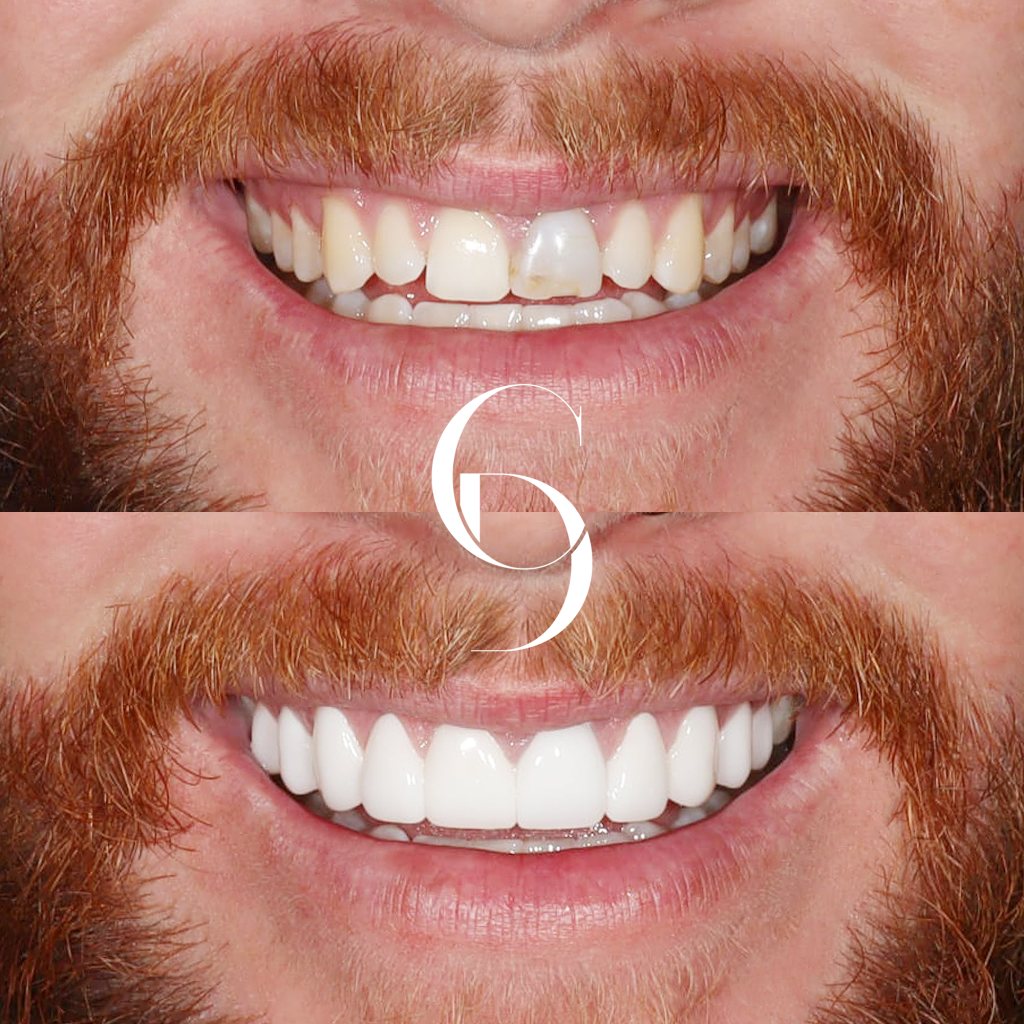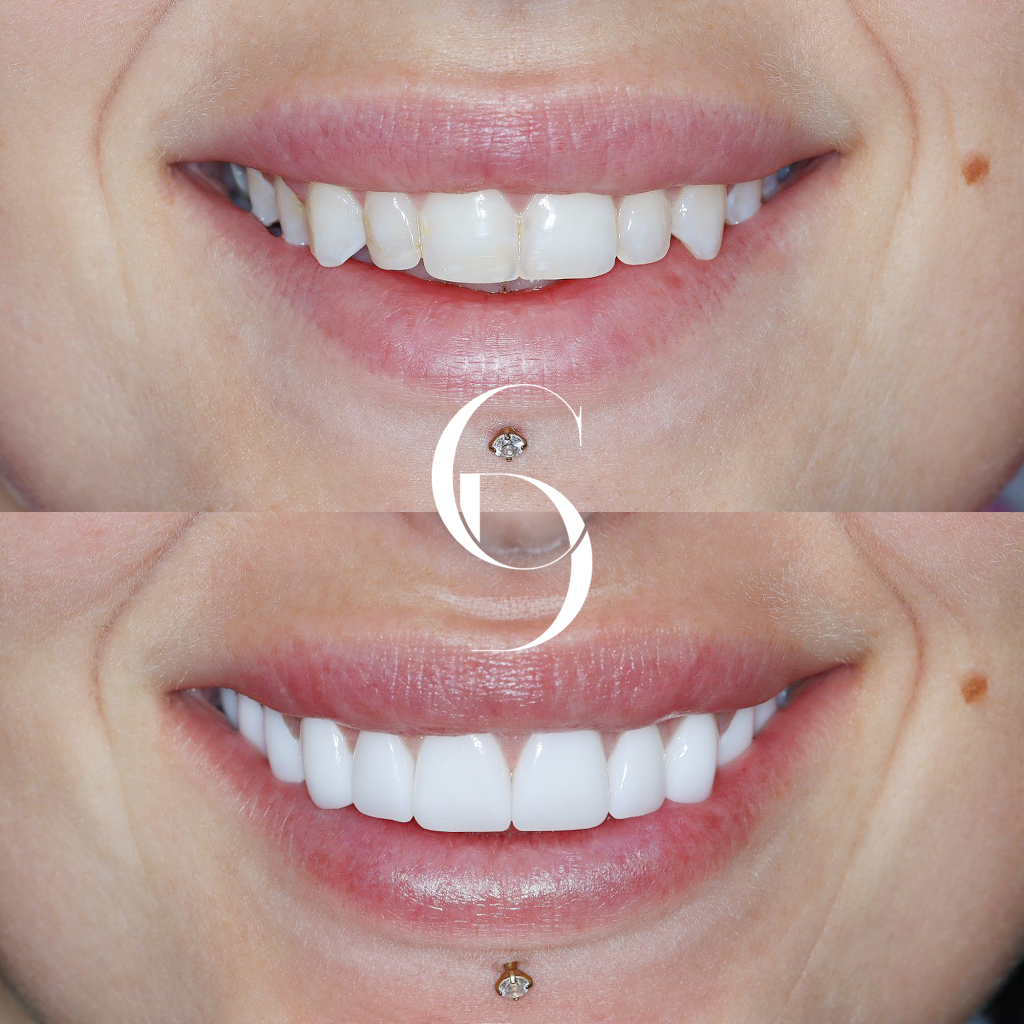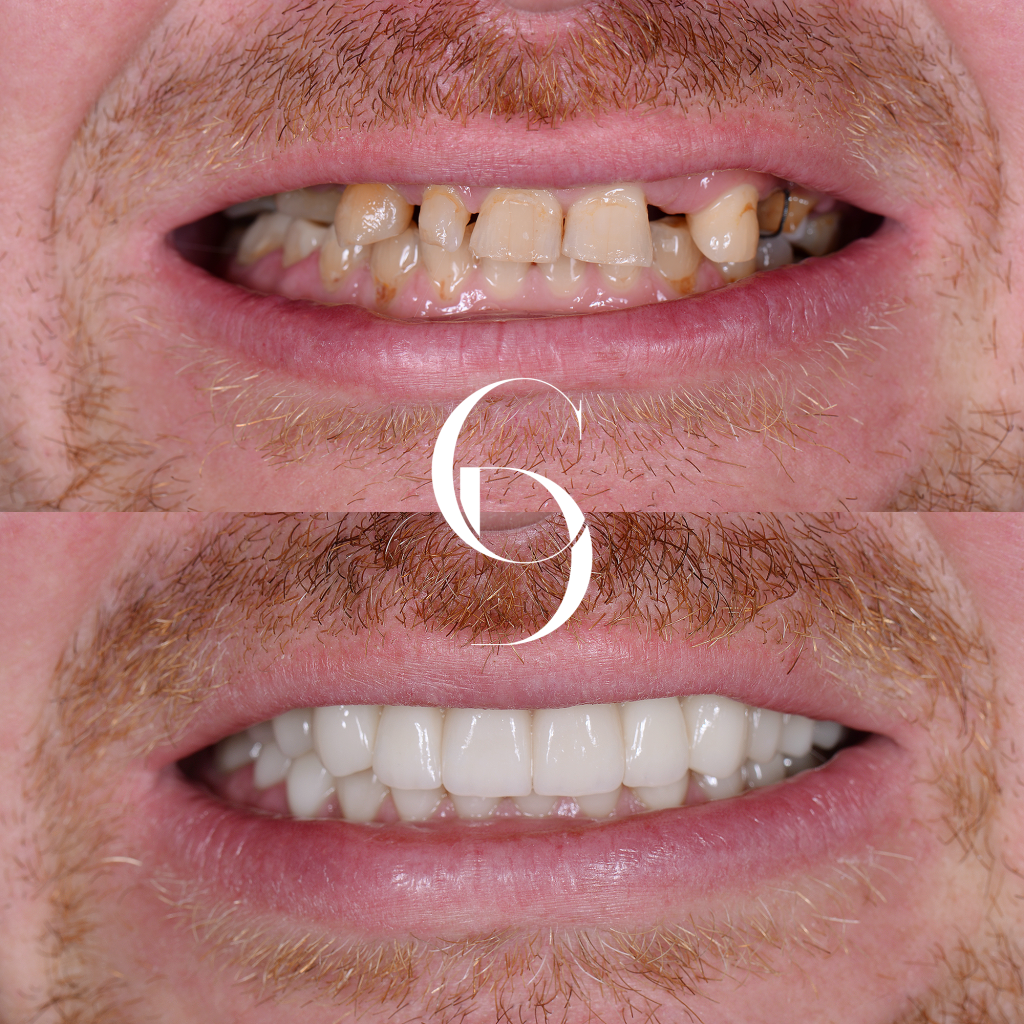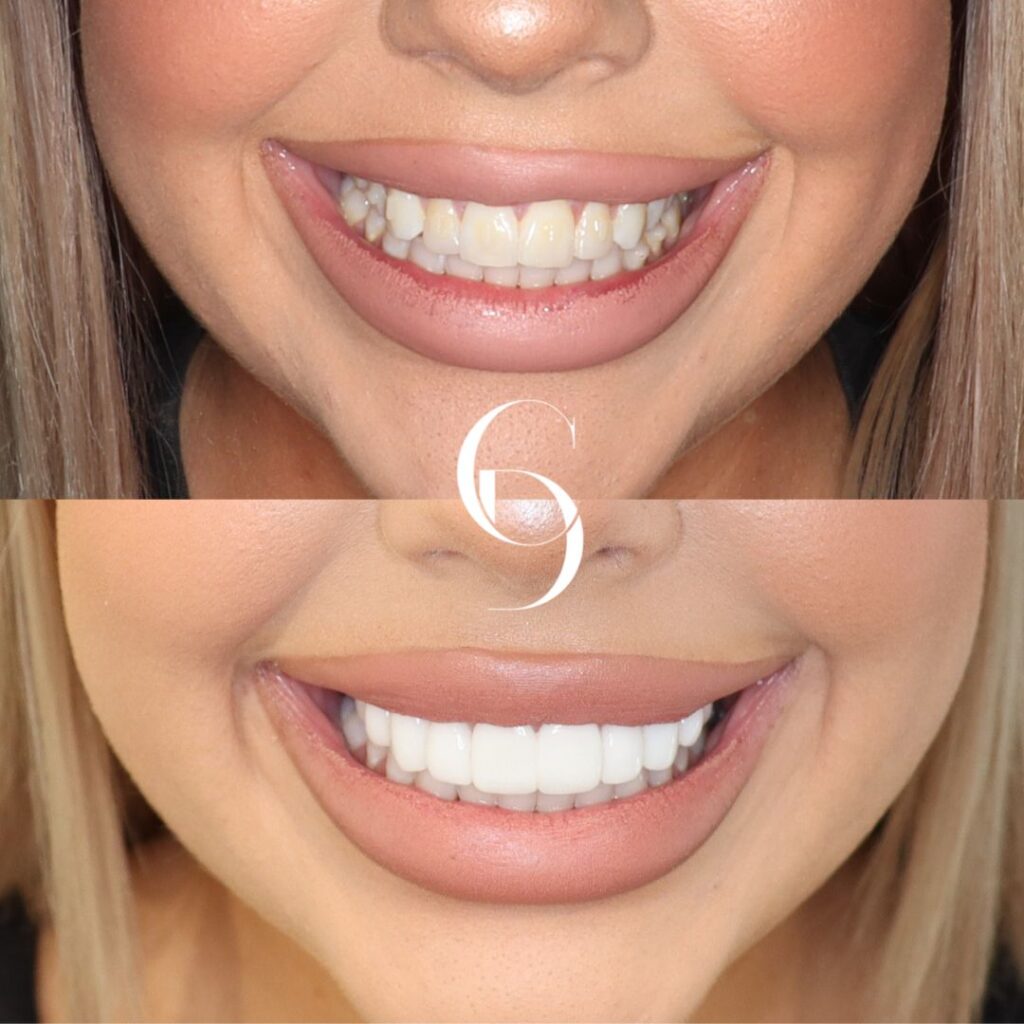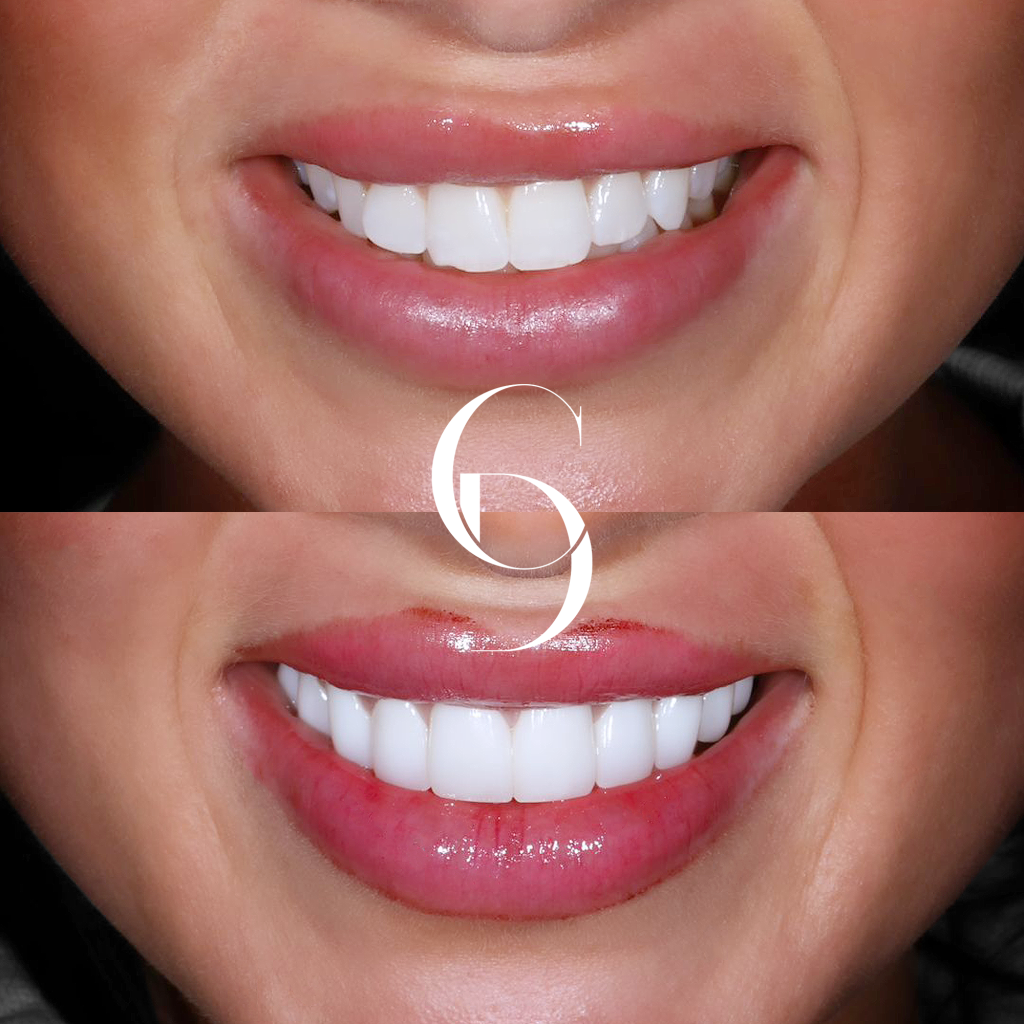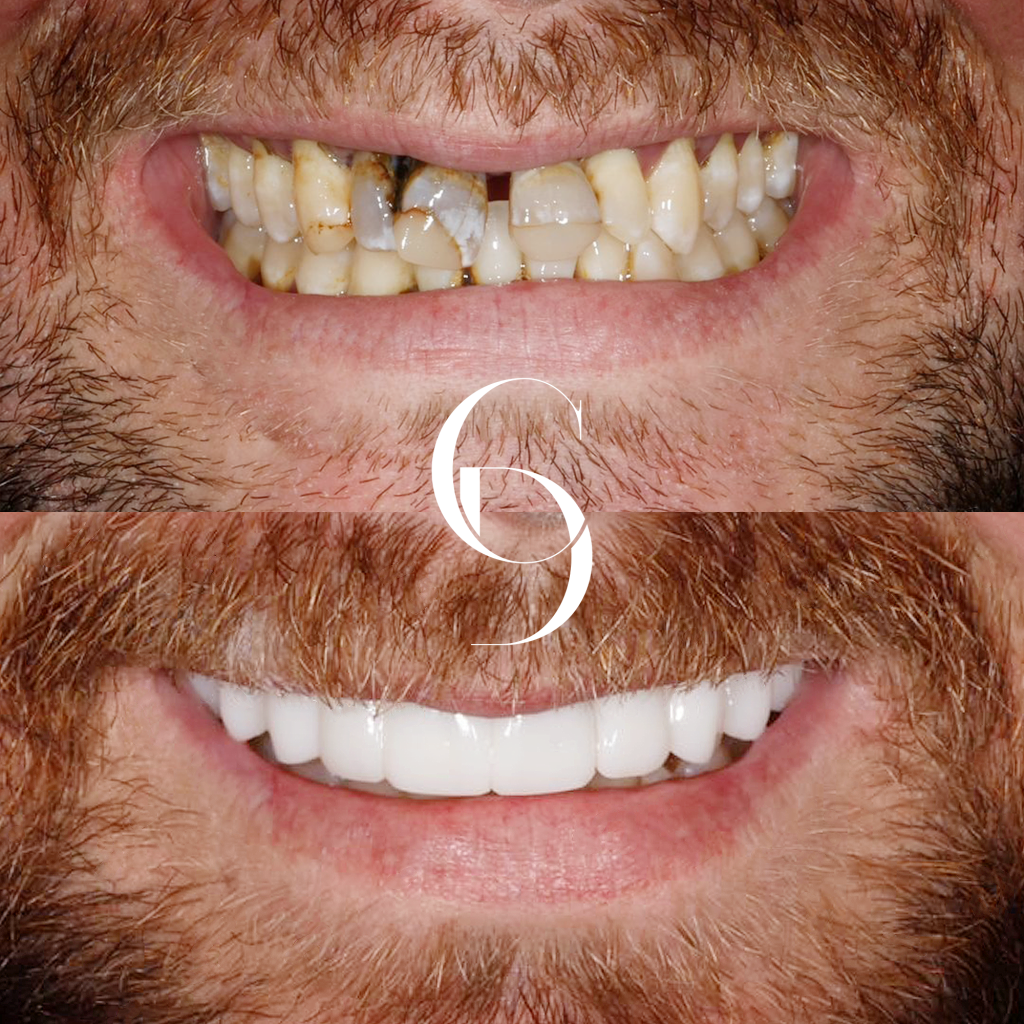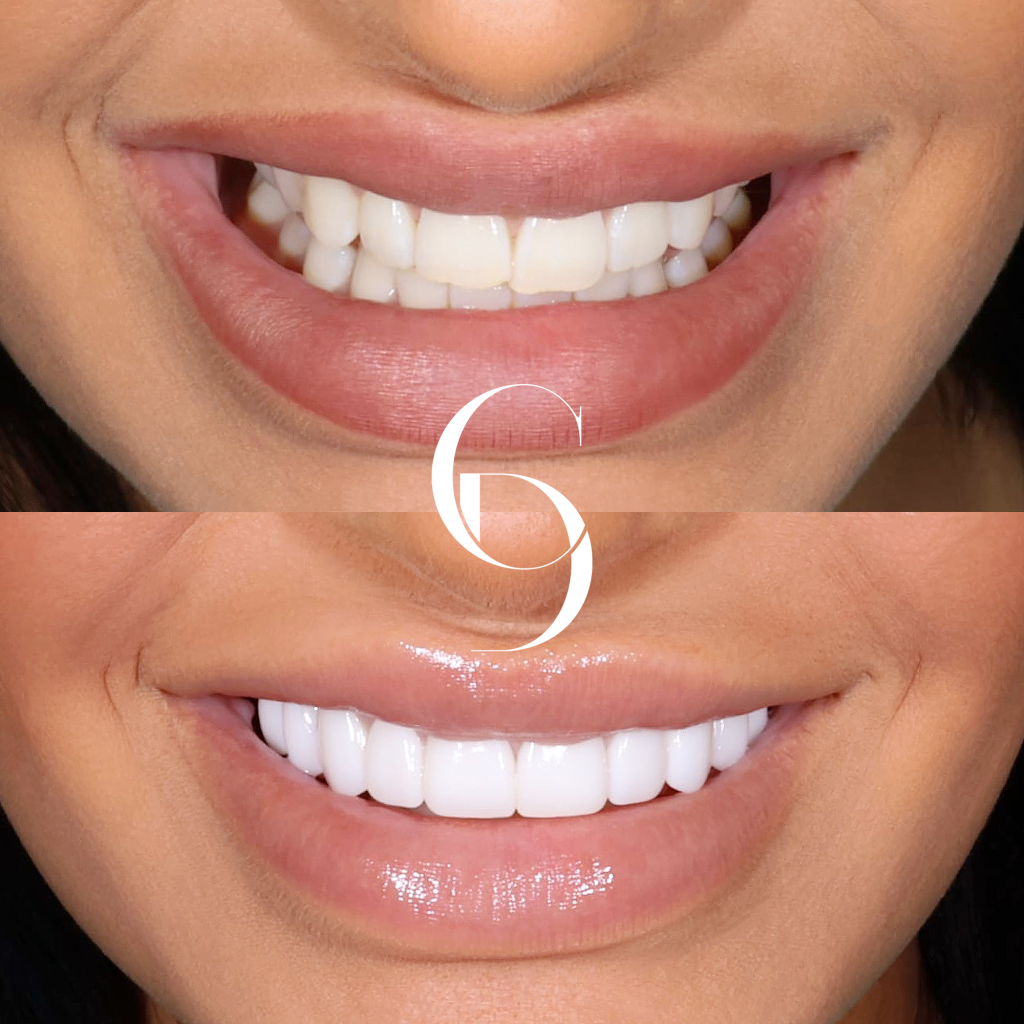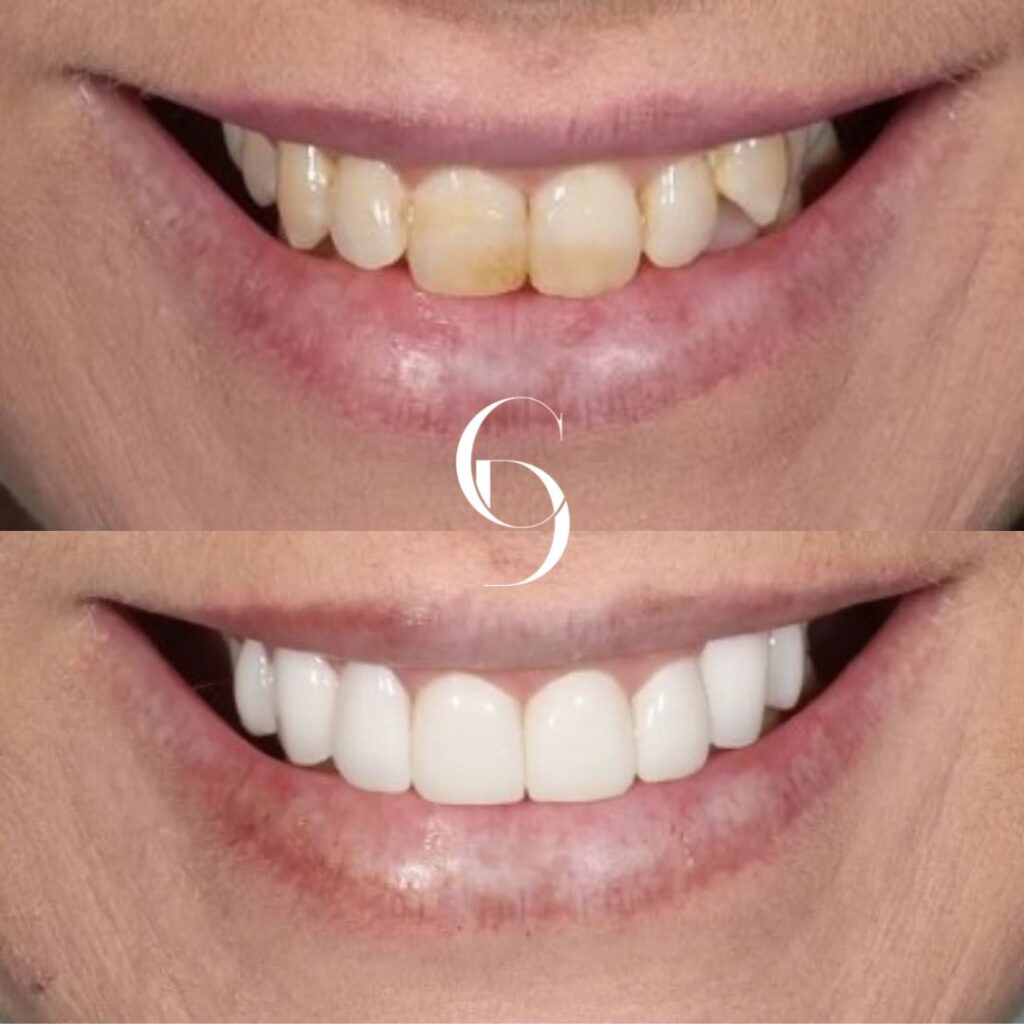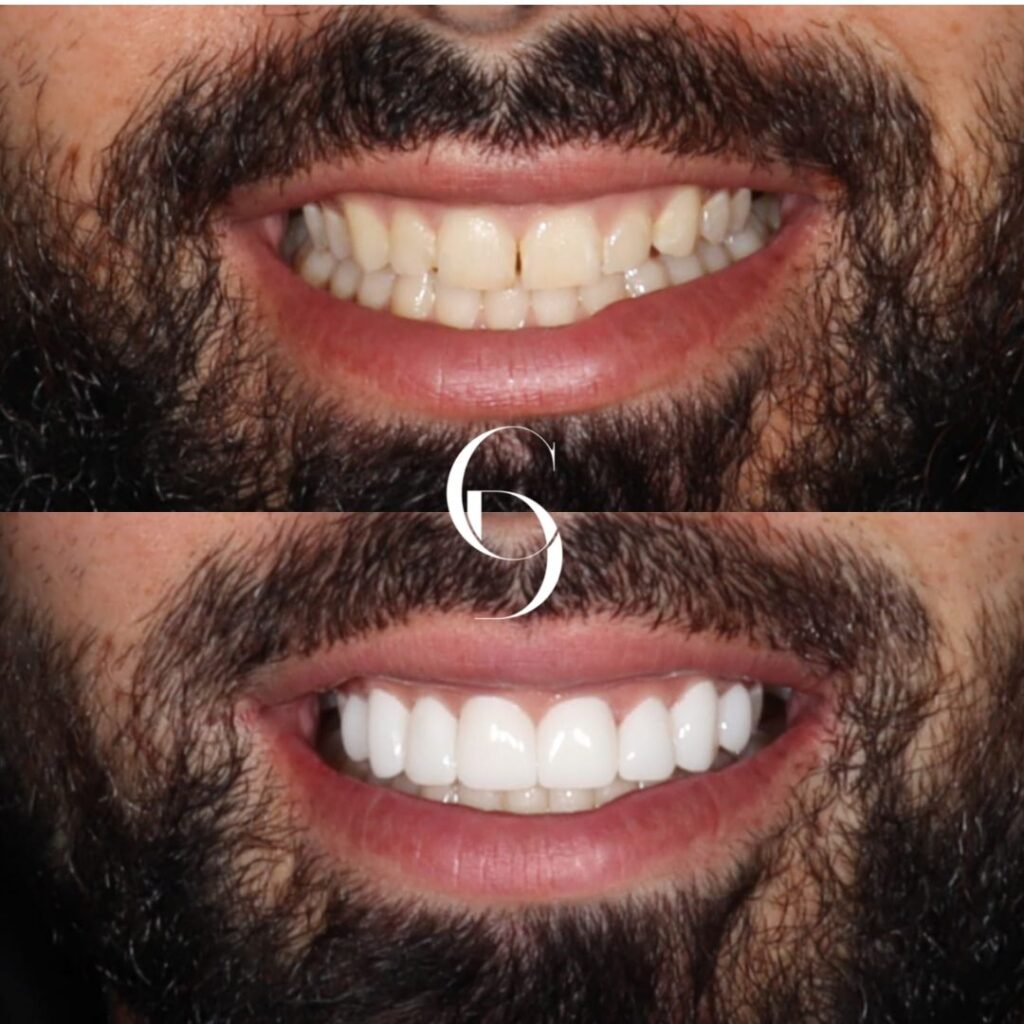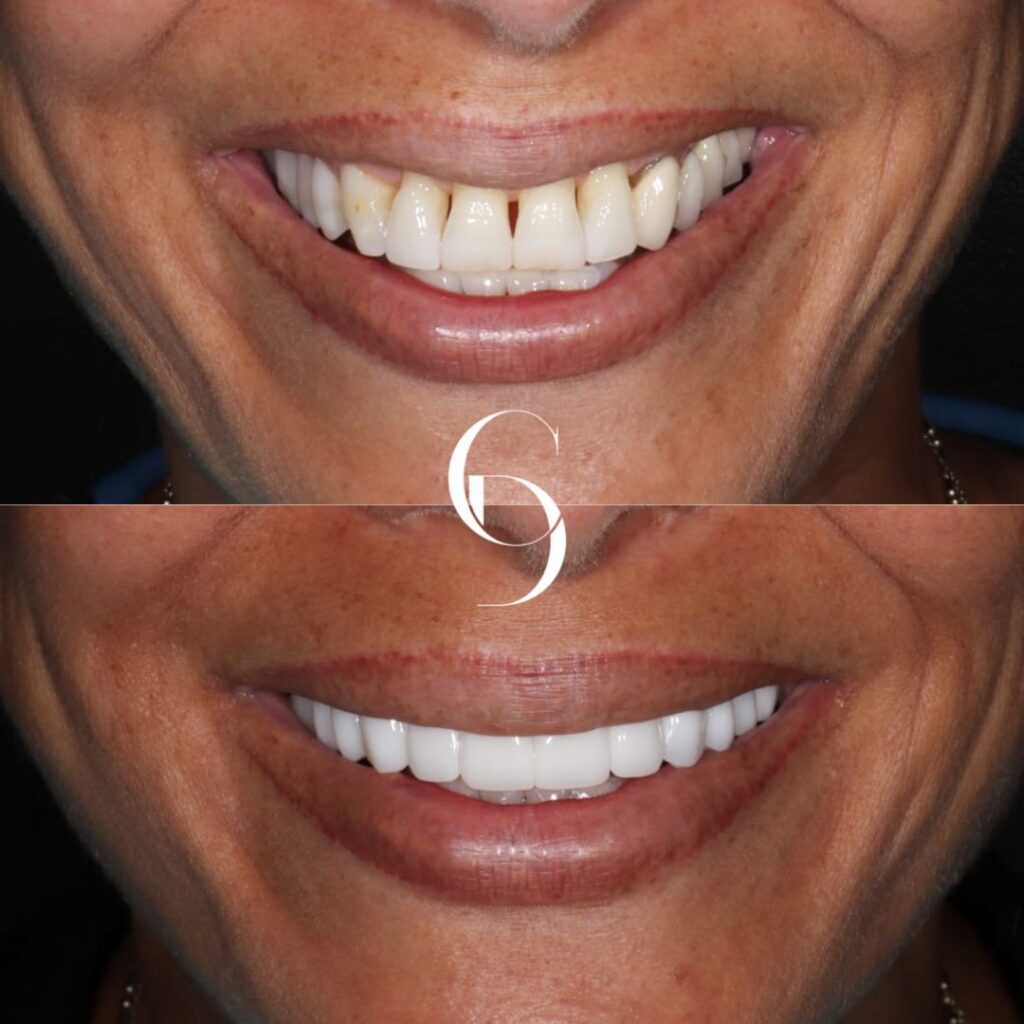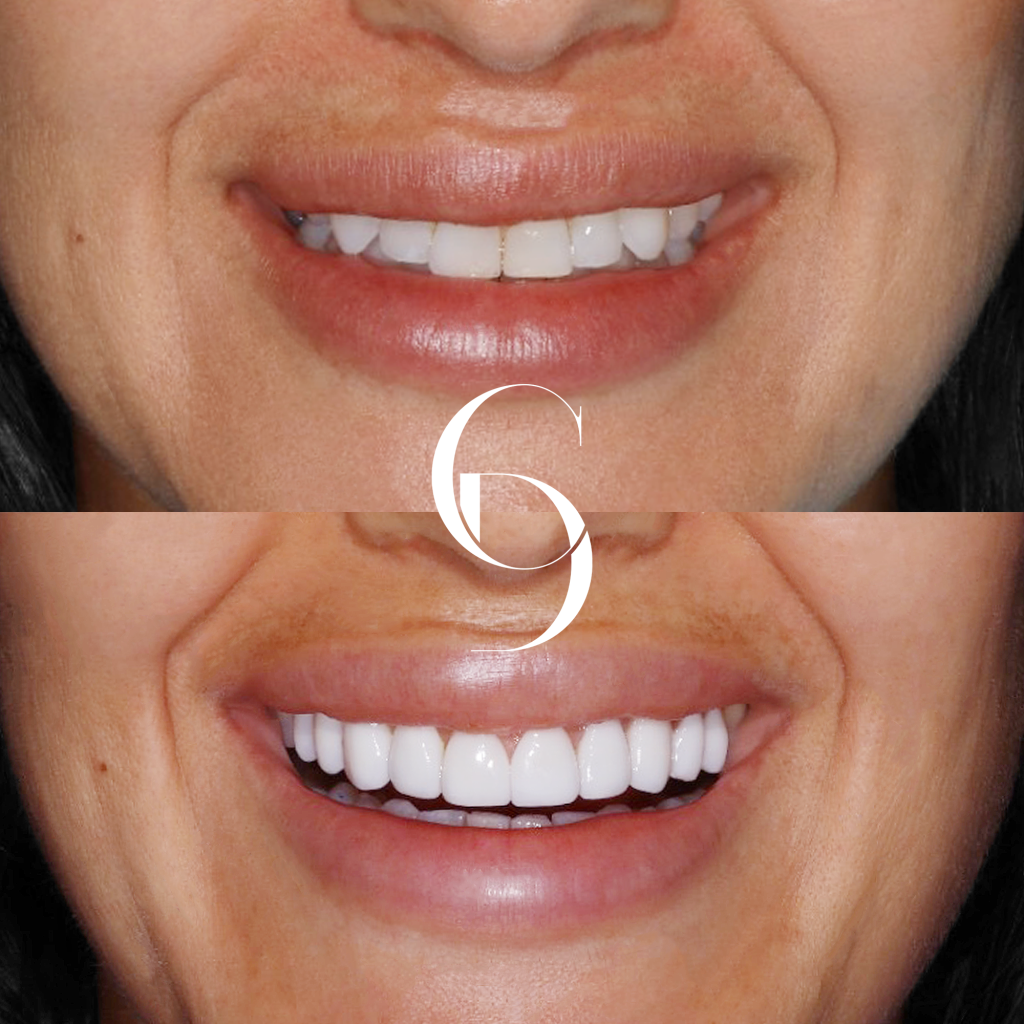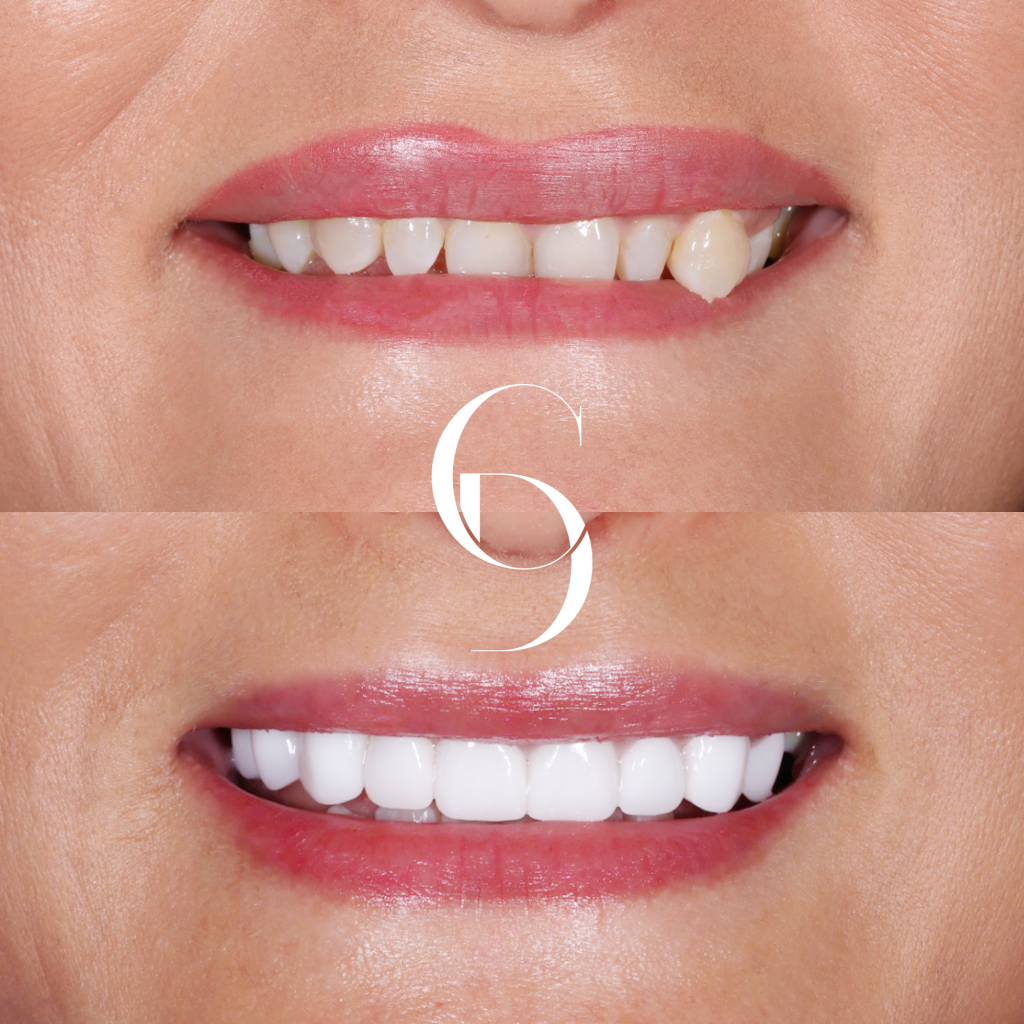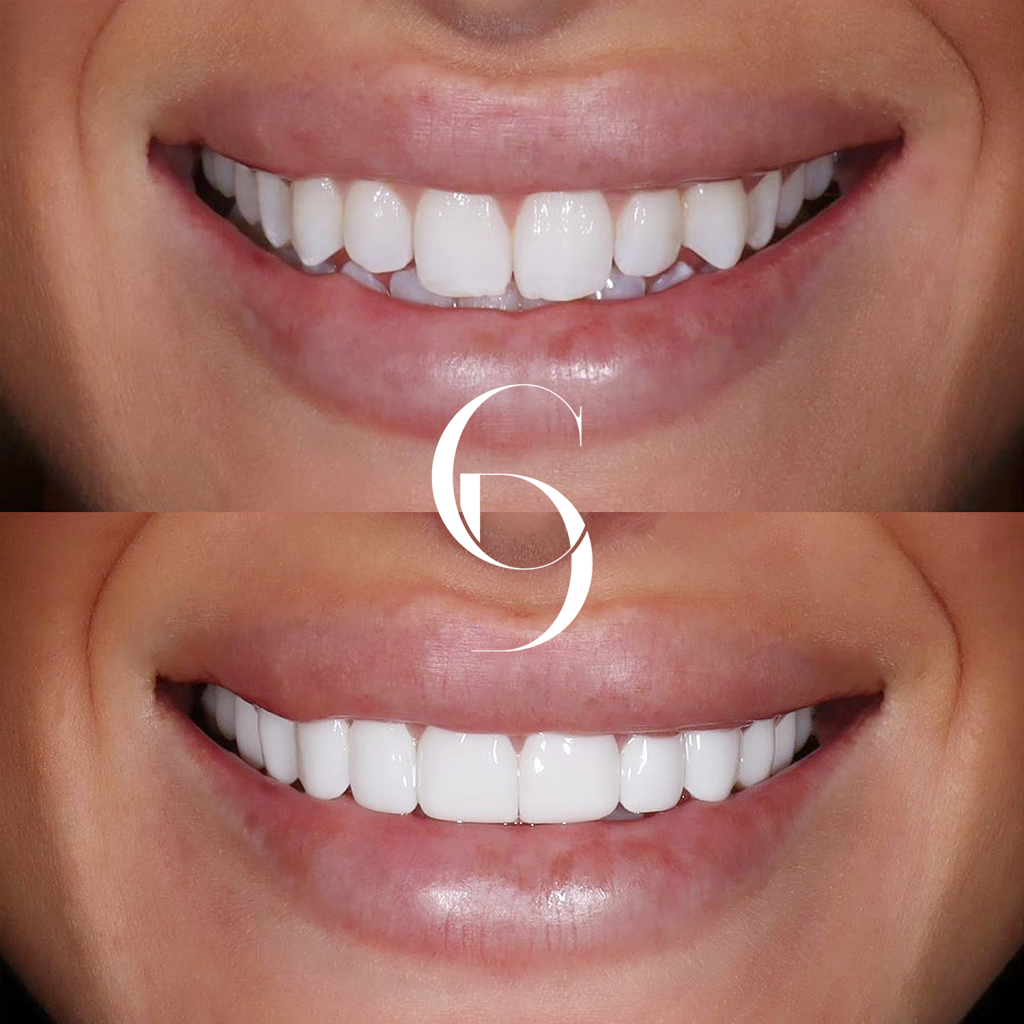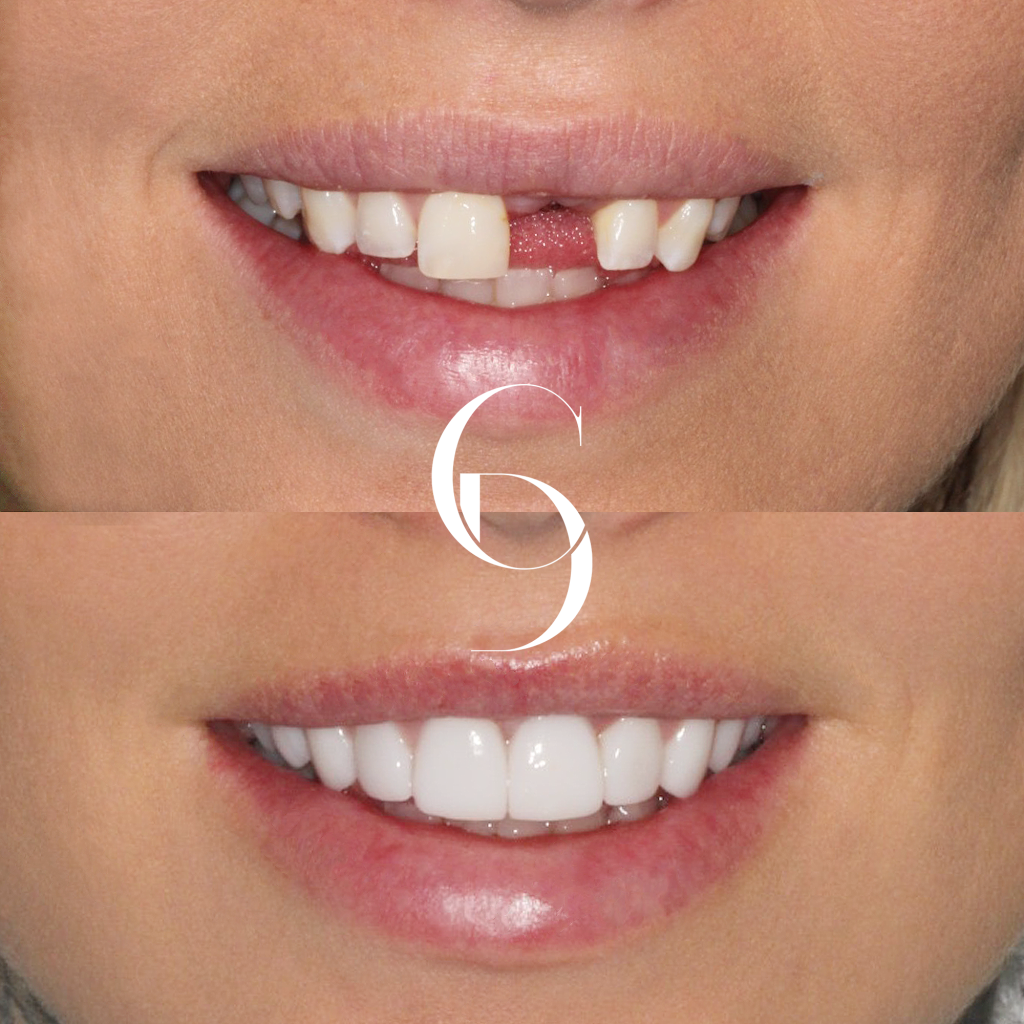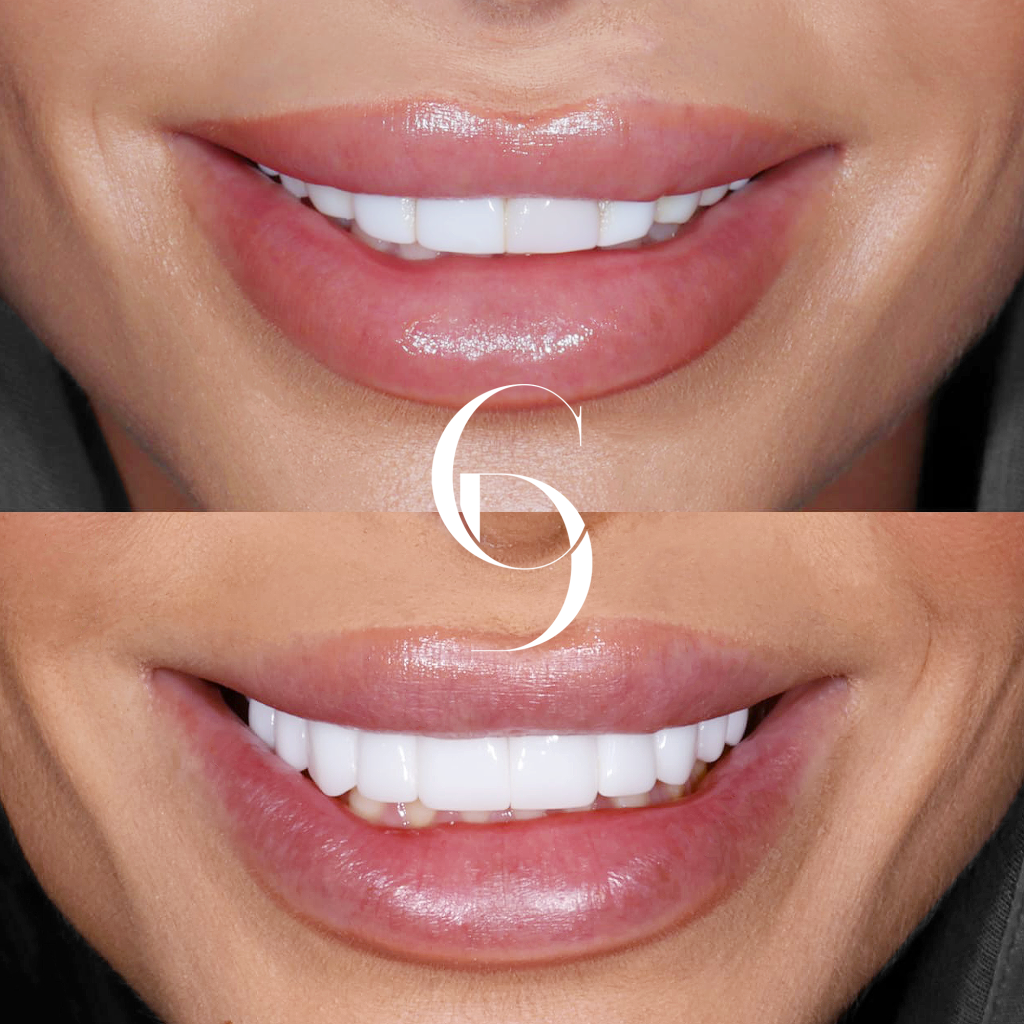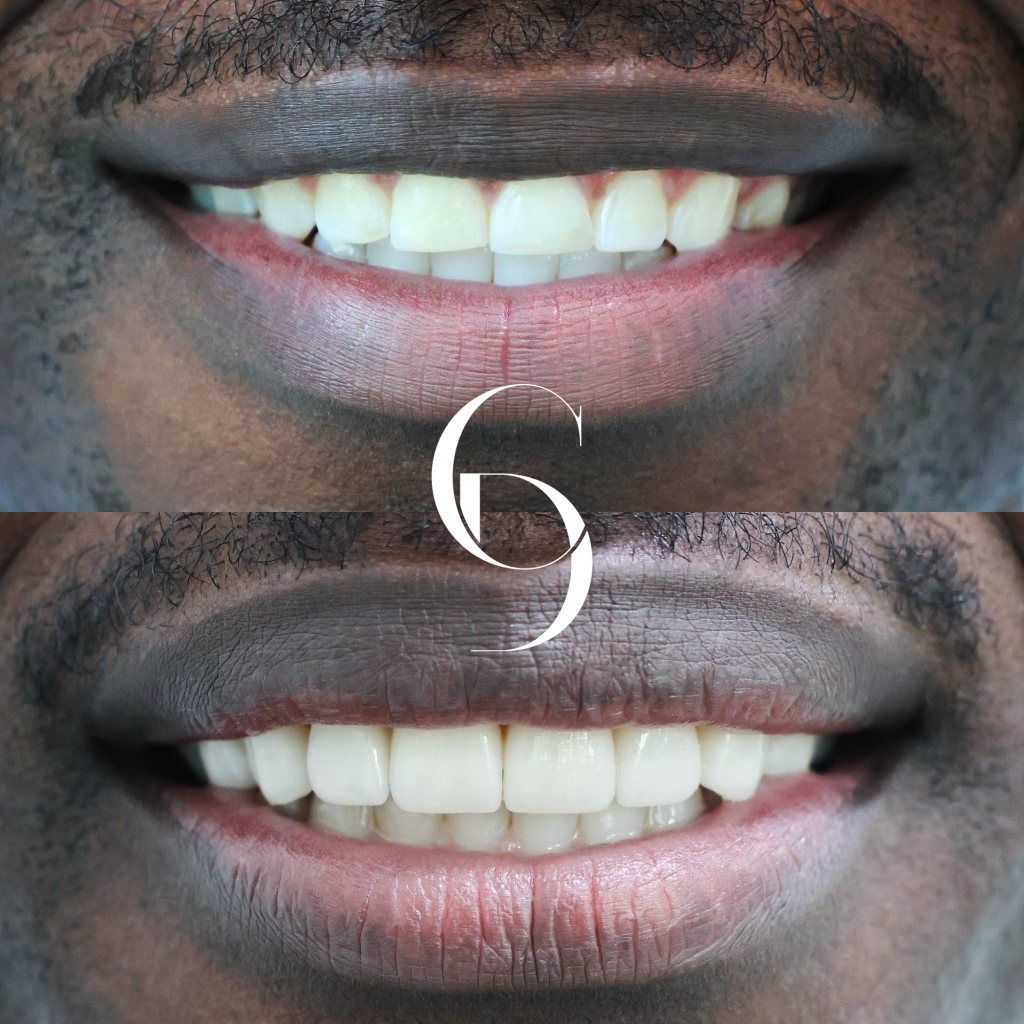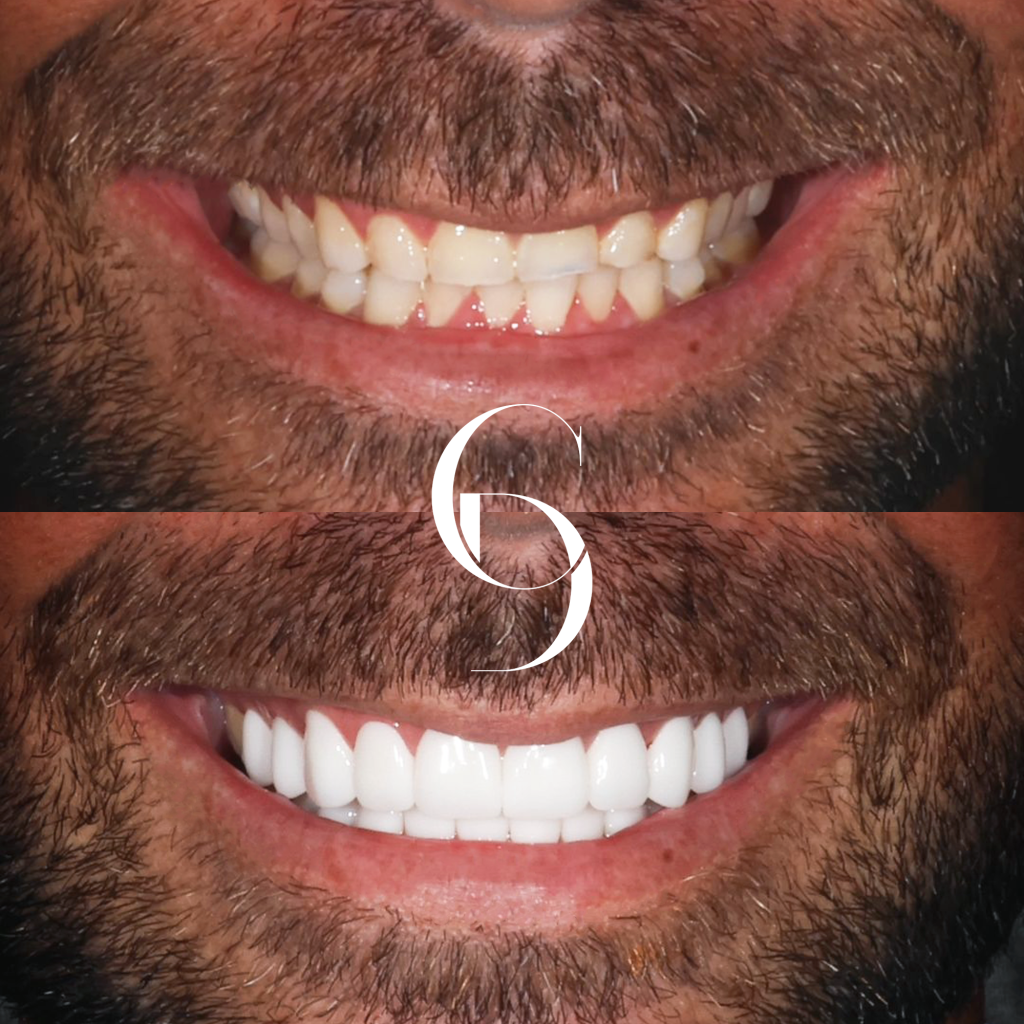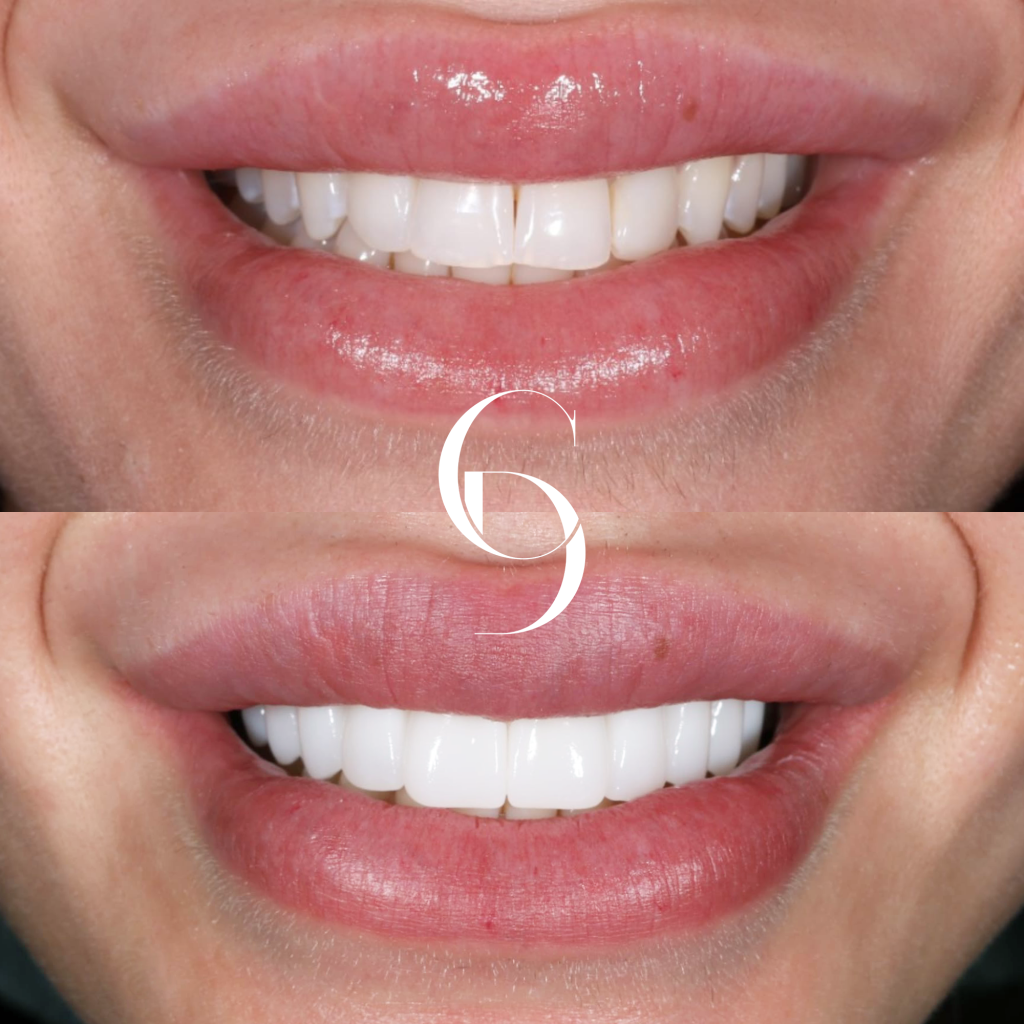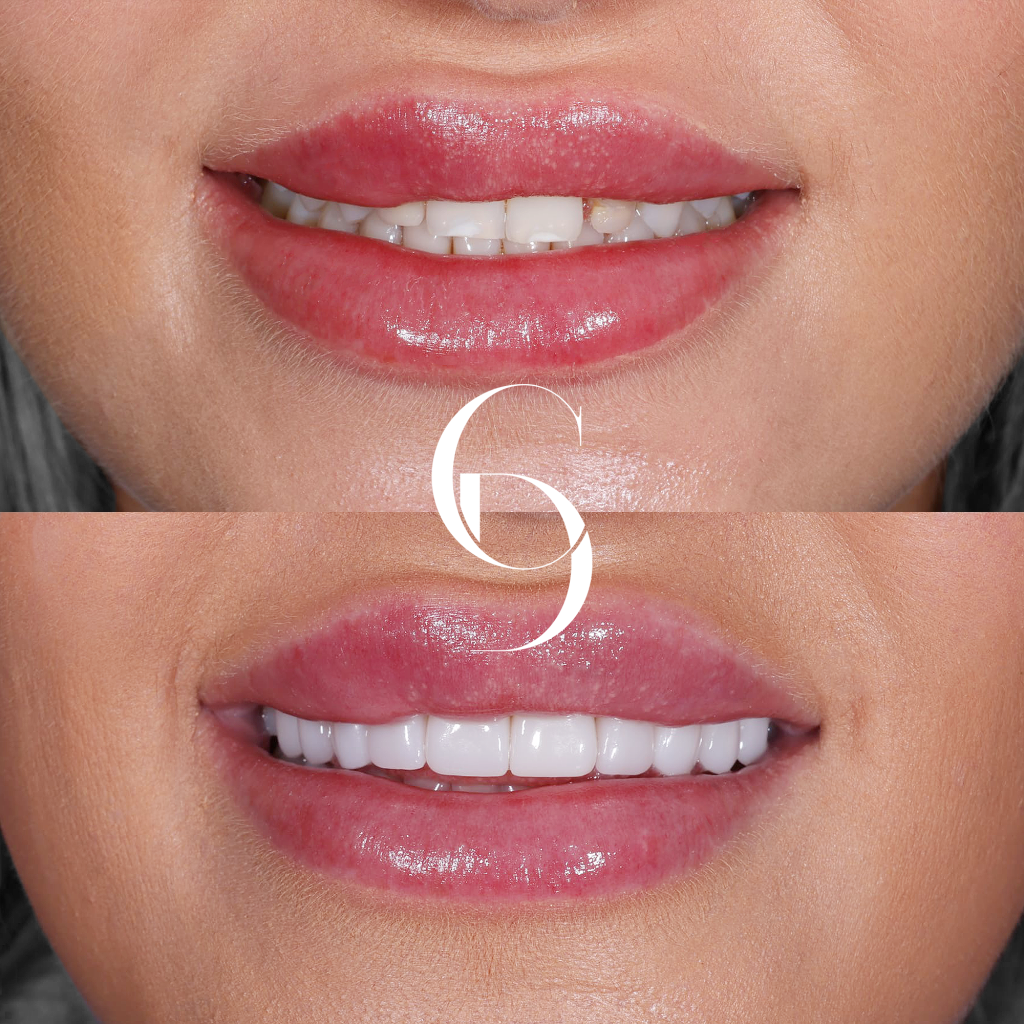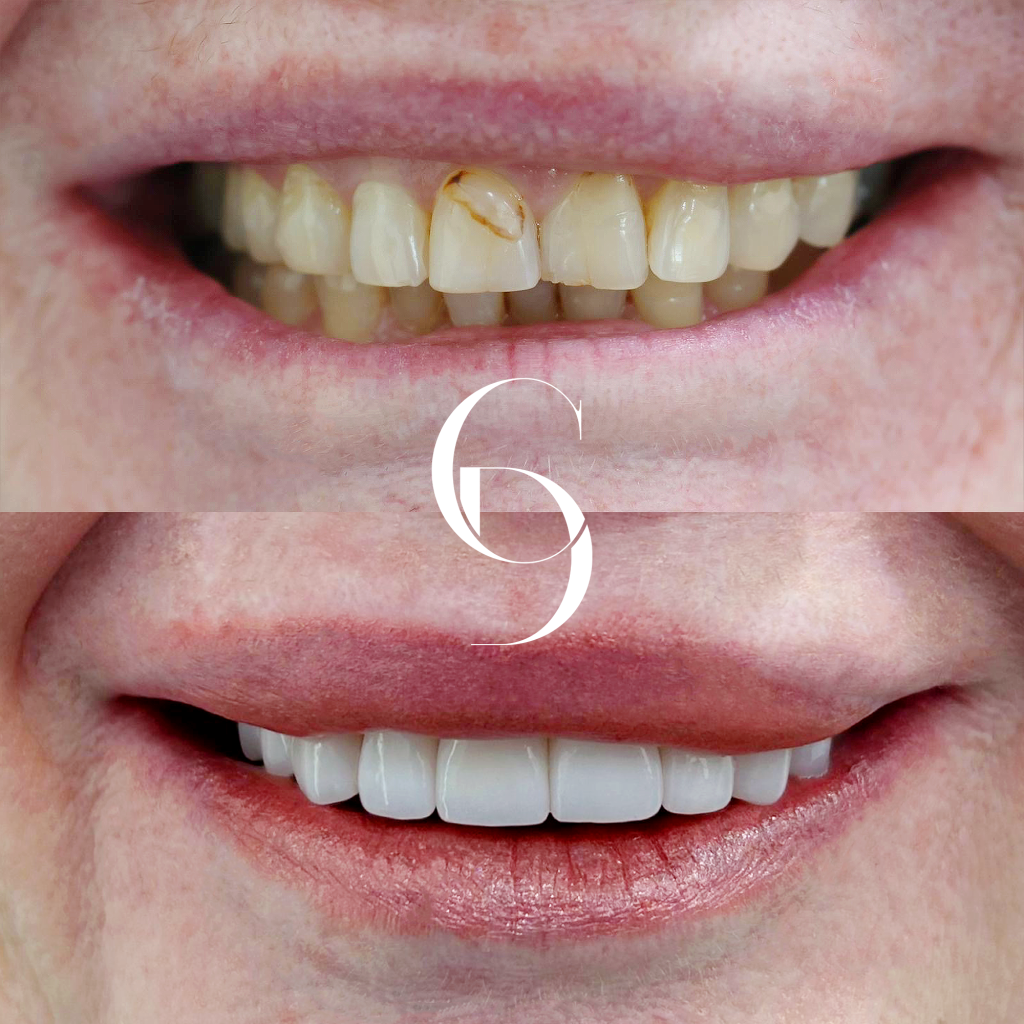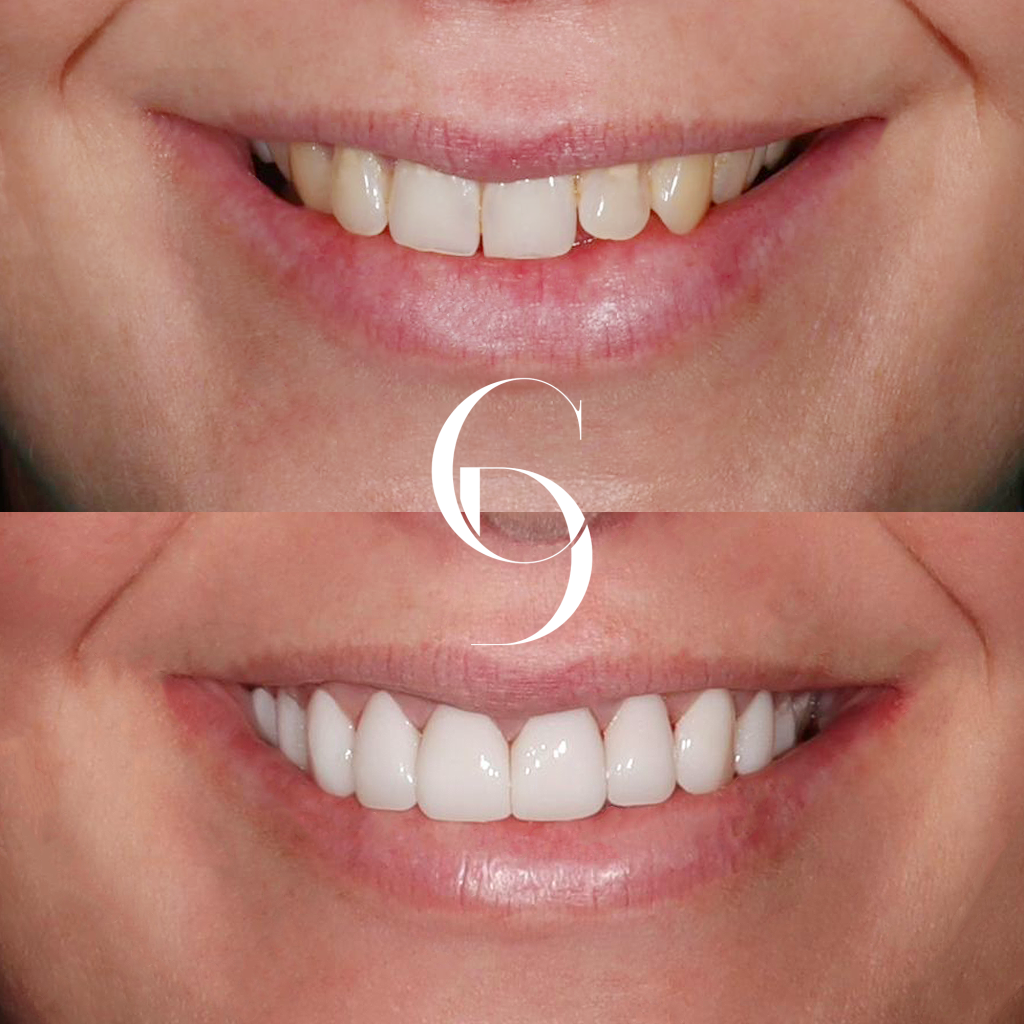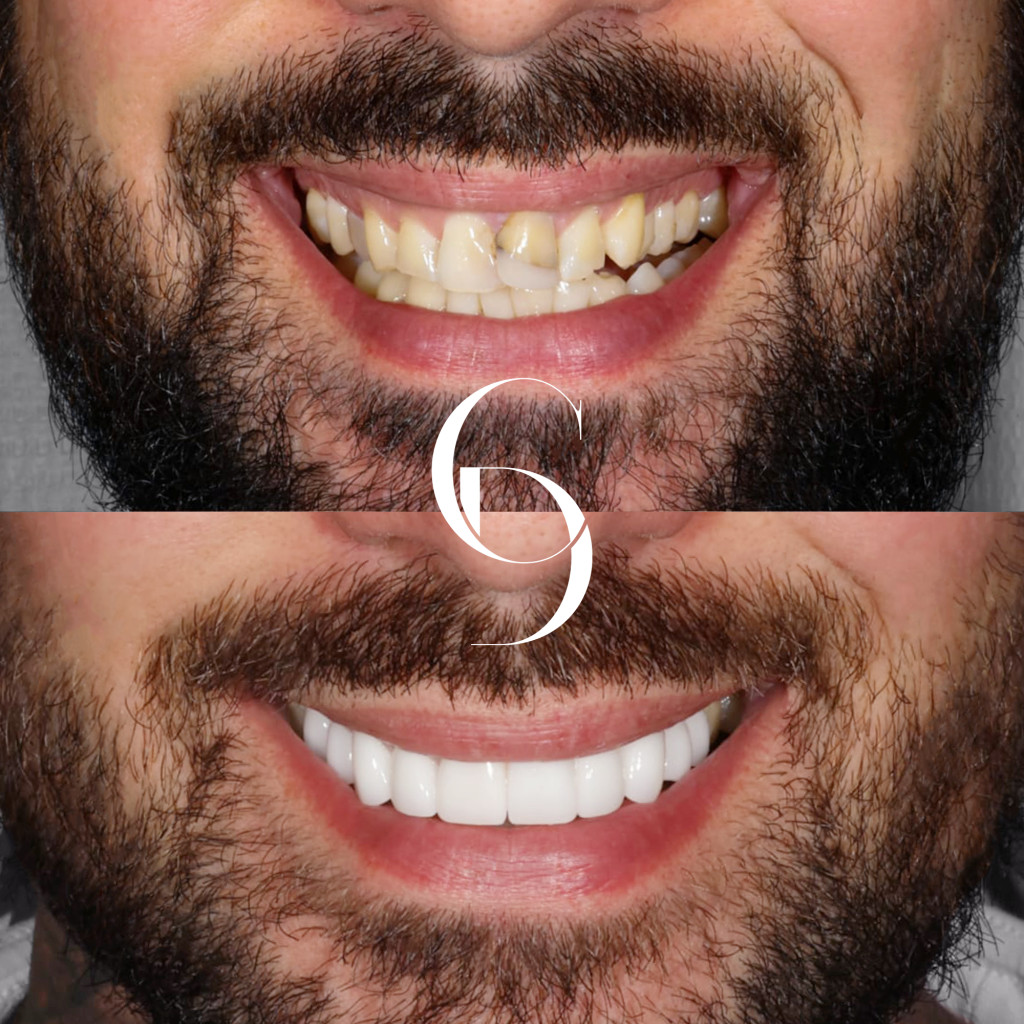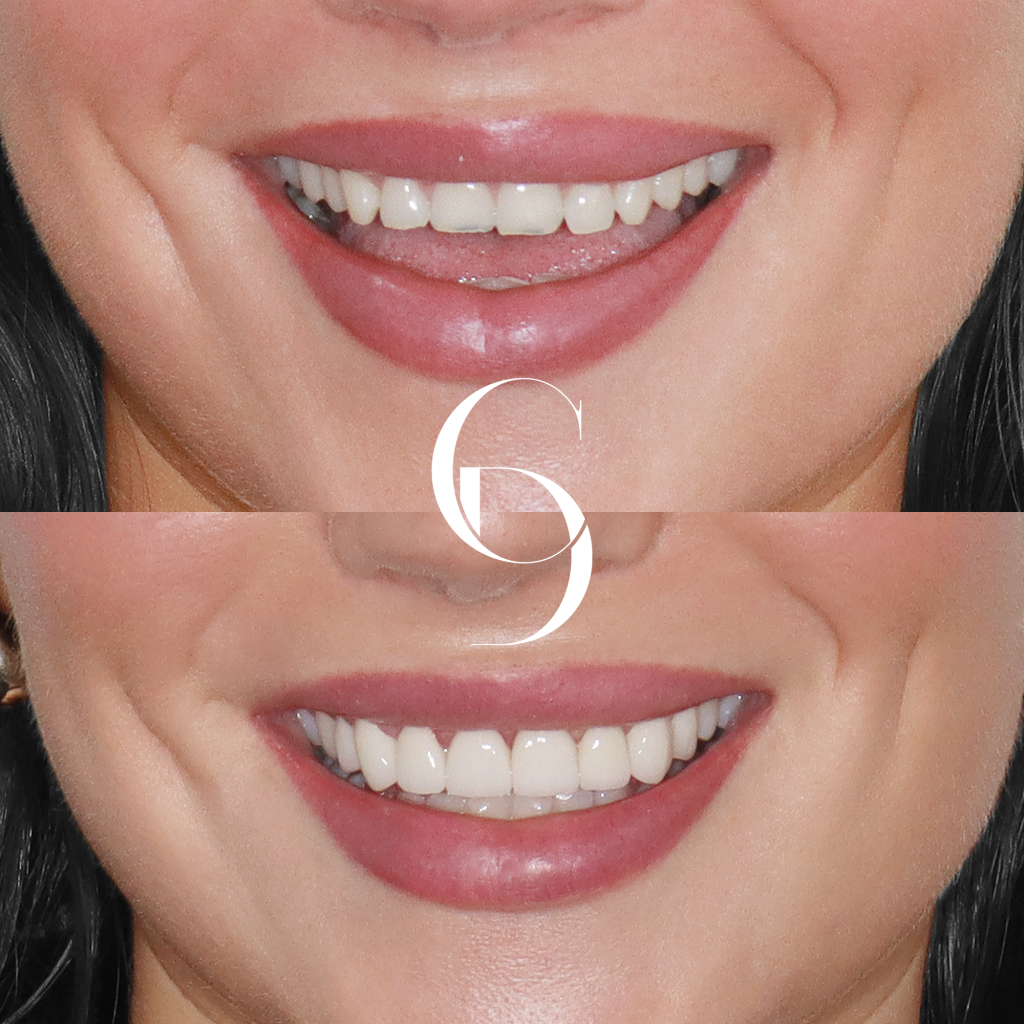Since childhood, we have been told to brush our teeth for atleast a couple of minutes to keep them clean and cavity-free. But, technically, that advice is not to exceed the timeframe of 2 minutes. Brushing too much can make your gums looser. Similarly, like this, many more common dental myths are deteriorating your dental health instead of improving it.
These misconceptions could mess with your chances of getting the proper dental care or doing the stuff that keeps your mouth in good shape. So, it’s crucial to sort out what’s true and what’s not – to keep your oral health top-notch and your overall well-being in check. Let’s get to the bottom of these dental myths, separating fiction from the real deal!
8 Top Common Dental Myths and Misconceptions
-
Brushing Harder Ensures Cleaner Teeth
A persistent myth suggests that the harder you brush, the cleaner your teeth become. Many believe aggressive brushing eliminates more bacteria and food debris. But it’s not true! It increases the risk of enamel damage, potentially leading to dental issues or treatment like porcelain veneers in Sydney to maintain their natural shine. Effective brushing involves a gentle yet thorough approach, promoting optimal oral health without the need for excessive force.
-
Flossing Isn’t as Necessary as Brushing
Skipping flossing allows plaque to accumulate between teeth and along the gum line, elevating the risk of cavities and gum diseases. Toothbrushes are ineffective in reaching food debris between teeth, making flossing indispensable in completing the oral care routine. According to the Australian Dental Association, 2023 study, regular flossing reduces plaque by 21% and gingivitis by 26% compared to brushing alone. So, integrating flossing before brushing is a recommended technique to loosen debris, enabling your toothbrush to remove it effectively.
-
No Dentist Visit Needed Without Issues
Why wait for noticeable dental discomfort when you can eliminate the chances of these issues? Conditions like cavities, chipped or damaged teeth, and gum disease do not cause immediate pain or trouble, they gradually grow when they remain unnoticed. Regular dental visits, proper care and treatment such as porcelain veneer are preventive measures.
-
Natural Sugars Pose No Threat to Teeth
It’s believed consuming fruits, assumed to be natural and harmless, won’t harm teeth. This stems from the misconception that natural sugars are a safer alternative. However, the mouth’s bacteria can’t differentiate between refined and natural sugars. So, both have somewhere equal impact on your teeth.
-
Chewing Gum Works Like Brushing
Benefits, such as stimulating saliva production that helps neutralise acids and clean the mouth, are one of the top benefits of gum chewing. But, this method does not substitute for the thorough cleaning provided by brushing. Brushing is essential for removing plaque, bacteria, and food particles from the surfaces of teeth. Chewing gum can be a supplementary practice for oral hygiene, but it should not replace the foundational role of brushing in maintaining optimal dental health.
-
Only White Teeth are Healthy Teeth
Some folks think that if teeth are white, they are in a healthy state. Well, not exactly! Having pearly whites doesn’t automatically mean your overall dental health is top-notch. Your teeth’ colour can depend on many things, like family genes and how old you are. It’s about taking good care of them every day, seeing the dentist, and eating the right stuff.
-
Tooth Loss is a Genetic
While some believe a familial history of tooth loss is an unavoidable fate, it’s crucial to understand that tooth loss is largely preventable. Dental problems, particularly cavities resulting from inadequate oral care, are the primary contributors to tooth loss. Genetics doesn’t play a significant role in determining the health of your teeth. You can actively prevent tooth loss and maintain lifelong dental health by prioritising good oral hygiene practices, including thorough brushing, flossing, regular dental check-ups, and, when necessary, cosmetic dentistry.
-
Dental X-Rays Are Dangerous
Addressing concerns about the safety of dental X-rays is crucial. Contrary to this dental myth, dental X-rays are safe and beneficial for oral health in the short and long term. Approved doses of radiation administered during dental appointments are considered safe. The minimal radiation exposure during a dental x-ray is carefully regulated through safety procedures, ensuring it never reaches levels that could pose health risks.
Conclusion
After debunking these dental myths, it’s clear that understanding the truth is crucial for maintaining optimal oral health. So, stress less about movie-star white teeth and focus more on consistent care and professional guidance for a healthier, happier smile :)!!

